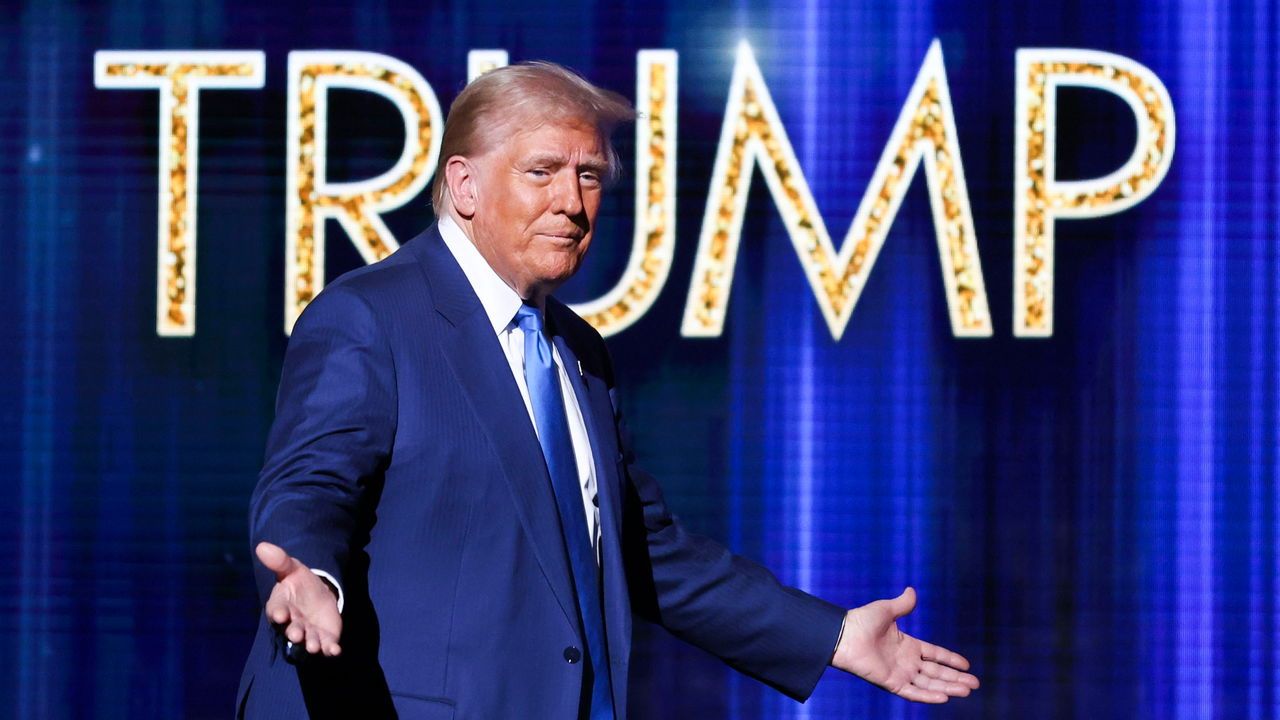- by
- 01 30, 2025
-

-
-
Loading

Loading

FBIFBIFBIFBIDonald Trump has made clear that he intends in his second term for the attorney-general and director to do his bidding, obliterating post-Watergate norms meant to protect the rule of law by preserving plausible independence for those roles from political interference. I share the concerns about this change, but I also think sanctifying the norms distracts from the real problem. After all, those norms, , have not always served the country well.And, long before Watergate, independence from political influence—accountability might be another term for it—proved itself also to be a danger. J. Edgar Hoover amply showed this during the 48 years he led the , intimidating presidents, compiling files on “sex deviates” and bugging the likes of Martin Luther King. As for political dependence, John Kennedy may have been unusual in appointing his brother as attorney-general, but he was typical in another respect: he was also the third president in a row to appoint his campaign manager to the job, Tim Weiner writes in “Enemies”, his history of the . It was only later, under Richard Nixon and John Mitchell—another campaign-manager-turned-attorney-general—that the hazards of such intense political loyalty became glaring. (And in that pre-Watergate-norm era, it was an act of independence by a top official—leaking—that exposed White House criminality and brought down the president.) In any event, America managed to survive—indeed, to thrive—far longer without the post-Watergate norms than with them.What matters, it seems to me, is not the presence or absence of norms, but of public virtue in the first place. Rather than fealty to any abstract norm, this is the test I wish senators would hold all nominees to, for any role. As my colleague Idrees Kahloon writes, Pete Hegseth, Mr Trump’s choice to be defence secretary, not only has a chequered private life to explain; he also apparently botched the leadership of two non-profits meant to serve veterans; and he has mocked the idea that soldiers should obey laws against war crimes.The test of public virtue is the one President Joe Biden failed with his decision, contrary to his commitment, to pardon his son Hunter. eloquently explains just why his betrayal of principle is so harmful: “At best he has sacrificed his legacy to his love for his son; at worst he has endorsed the view that the system is too rotten for principled gestures to count any more.” Pre- or post-Watergate, I think American officials, overwhelmingly, would have recoiled from that view. In the coming post-post-Watergate era, it may prove the new norm.